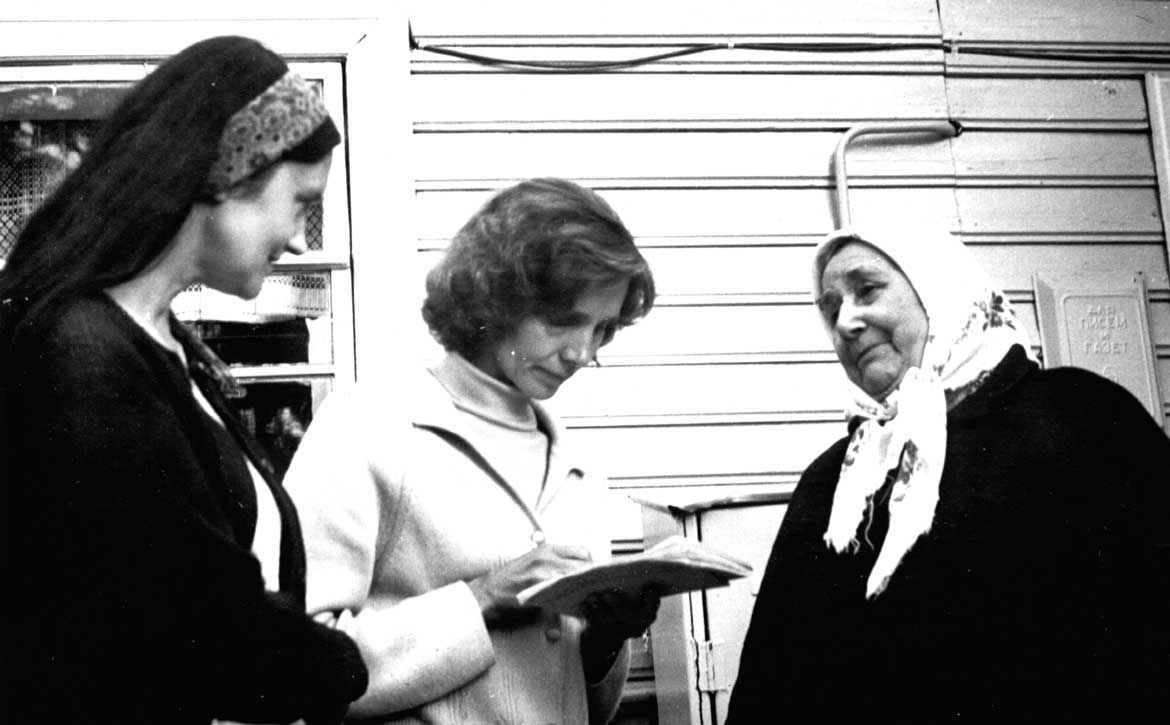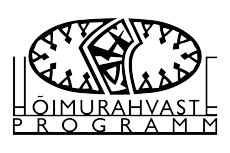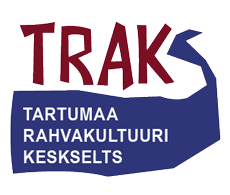Maarojani, sizojani
(Maidens’ Song to the Bride)
Kadoi Aleksandrova (archive recording)
Minni Oras and choir
In Ingrian
Maarojani, sizojani,
oi-tai, Maarojani, Maarojani, sizojaan.
Kuin saoin miä tään kessoo jo,
oi-tai, kuin sa-oin miä, kuin saoin miä tään kessoo,
tääm miä vootta vongoittelin,
oi-tai tääm miä vootta, tääm miä vootta vongoitel:
“Tiimmä linna liivigolle,
oi-tai, tiimmä linna, tiimmä linna liivigol,
Kaarossan* külän kaulle,
oi-tai Kaarossan vaa, Kaarossan külän kaul.
Sinn ei tunne koizoit tulla,
piippumiihet pistiellä.”
Siä vaa vaiden vastaelid:
“Miul on miikkoi miissassani
ja on kirppi kirssossani,
miä lüün koizoid koolluksihe,
piippumiihed maaha pissän.”
In English
Maaroi, my dear sister!
As I told you all summer,
As I begged you all year:
“Let’s build a town on the sands,
Near the Kaarosta village.
Suitors will not know to come there,
Pipe smokers stick their noses in.”
You only replied:
“I have a sword in my chest
And a shield in my cabinet,
I will slaughter the suitors,
Strike the pipe smokers dead.”
* Kaarosta is the village of Lomonosov, former Oranienbaum in the western part of St. Petersburg.
In the song, the sister (or friend) criticises Maaroi about why she wouldn’t listen to good advice and settle in a home where the suitors wouldn’t come. She had even promised to kill the suitors but now the wedding is already beginning.
The song with a special rhythm was sung by young women during betrothal or on the eve of the wedding when they came together at the bride’s home. Sometimes the song was sung at weddings or in other situations when young women came together. The melody may be used to sing not the wedding song but other lyrics, which are mostly full of sorrow and tell about singing, sadness or the fate of young women. The lyrics of the “Maiden’s town” are commonly sung during betrothal or on the eve of the wedding by young women, but they were also sung at other social occasions.
Kadoi Aleksandrova has recounted about how the song was sung during the betrothal: The groom brought vodka and tobacco. Then the bride’s entire family was invited over and people drank vodka and smoked. And then all the bride’s girlfriends came from the village, then all the villagers, and they banged on metal sheet, shouting: “Come, have some tobacco, have some tobacco!” Then they were offered vodka and had a smoke—everyone had to smoke tobacco. Then they sung, the girls went through the village and they were all singing. Now I’ll sing the song that they were singing while walking through the village. So they said—they called the girl Maaroi—that Maarojani, sizojani... (‘Maaroi, my dear sister...’). It was a betrothal song.
T M Kadoi (Jekaterina) Aleksandrova, Voloitsa (Paul Ariste, Igor Tõnurist 1971, RKM, Mgn II 2331 j).
M Naasto Savastei tütar, 20 a, ja koor, Säädinä (Armas Launis 1906, SKSÄ A 300/12a, ph 4a, b).
A Kadoi Aleksandrova (Ingrid Rüütel, Ottilie Kõiva, Mart Jallai 1976, RKM, Mgn II 2840 a).

Ingrian singer Kadoi Aleksandrova with folklorists Ingrid Rüütel and Ottilie Kõiva from Estonian Literary Museum. Photo: M. Jallai, 1976 (ERA, Foto 11398).





